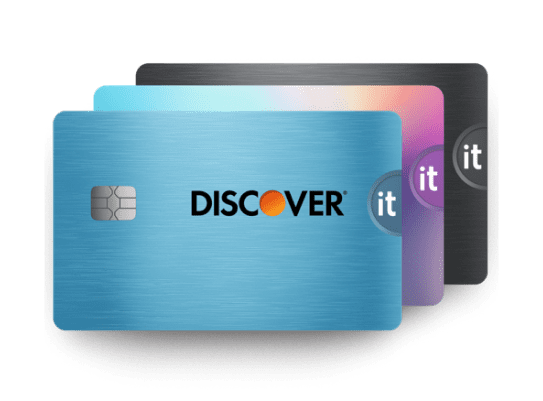Paying off credit card debt can save you money on interest. While it might feel like a tall order when you’re on a lean budget, there are ways to pay off your credit card debt even if you don’t have the cash on hand. Let’s take a look at how to pay off credit card debt:

How to Pay Off Credit Card Debt
Key points about: how to pay off credit card debt
-
You can use a balance transfer credit card to pay off higher-interest debt.
-
Another option for paying off a credit card is a personal or home equity loan.
-
Factor in the interest rate of your debt when deciding whether to pay off credit card debt fast or over time.
What’s the best way to pay off credit card debt fast?
If you’re curious about how to pay off credit card debt fast, here are a few approaches to consider.
Transfer high-interest debt to a 0% intro APR credit card
You’ll benefit the most from a balance transfer if you can pay off the entire balance before the intro offer ends and the standard APR applies. However, you’ll typically have to pay a balance transfer fee, which is the percentage of the amount you’re transferring. Before making the decision to transfer high-interest debt to a balance transfer card, you’ll want to find out the balance transfer fee and review your finances to determine whether you can pay off your balance within the introductory period.
Did you know?
If you have strong credit and qualify for a 0% intro APR balance transfer credit card offer, you can pay no interest on your balance for as long as the introductory period remains in effect and as long as you make no purchases or take cash advances on the account. Once the intro period ends, you’ll need to pay the standard APR. You’ll benefit the most from a balance transfer if you can pay off the entire balance before the intro offer ends and the standard APR applies. Before making the decision to transfer high-interest debt to a balance transfer card, you’ll want to find out the fee and review your finances to determine how whether you can pay off your balance within the introductory period.
Pay off your credit card with a loan
Depending on your credit history and credit score, you might consider paying off credit card debt with a personal loan. If you’re a homeowner, you might also qualify for a home equity loan to pay off your credit card. Both are types of installment loans. This means you’ll receive a lump sum, and will need to pay back your loan in monthly installments during the repayment period.
If the interest rate on a loan is lower than your high-interest credit card debt, it can save you money in interest. Make sure to calculate any fees and interest from the new loan, and see how it stacks up against what you’re paying on your credit card. Besides looking at the interest rate, determine how much in interest you’ll be paying on the life of the loan. While a longer repayment period usually means smaller monthly payments, lengthening the loan’s life can also equate to paying more in interest. But make sure you do not accumulate more credit card debt if you choose to pay off your credit card with a personal or home equity loan.
Do you always need to pay off credit card debt aggressively?
Paying down debt aggressively can reduce the amount of interest that will accrue on your account. Every situation is different, so you should consider the terms of your account, the interest rate you're paying, and other financial goals—such as building an emergency fund or saving for a wedding or a down payment on a home.
Knowing your options for how to pay off credit card debt can help you make an informed decision.
Next steps

No impact to your credit score

See rates, rewards and other info
You may also be interested in
Was this article helpful?
Was this article helpful?
- Legal Disclaimer: This site is for educational purposes and is not a substitute for professional advice. The material on this site is not intended to provide legal, investment, or financial advice and does not indicate the availability of any Discover product or service. It does not guarantee that Discover offers or endorses a product or service. For specific advice about your unique circumstances, you may wish to consult a qualified professional.


